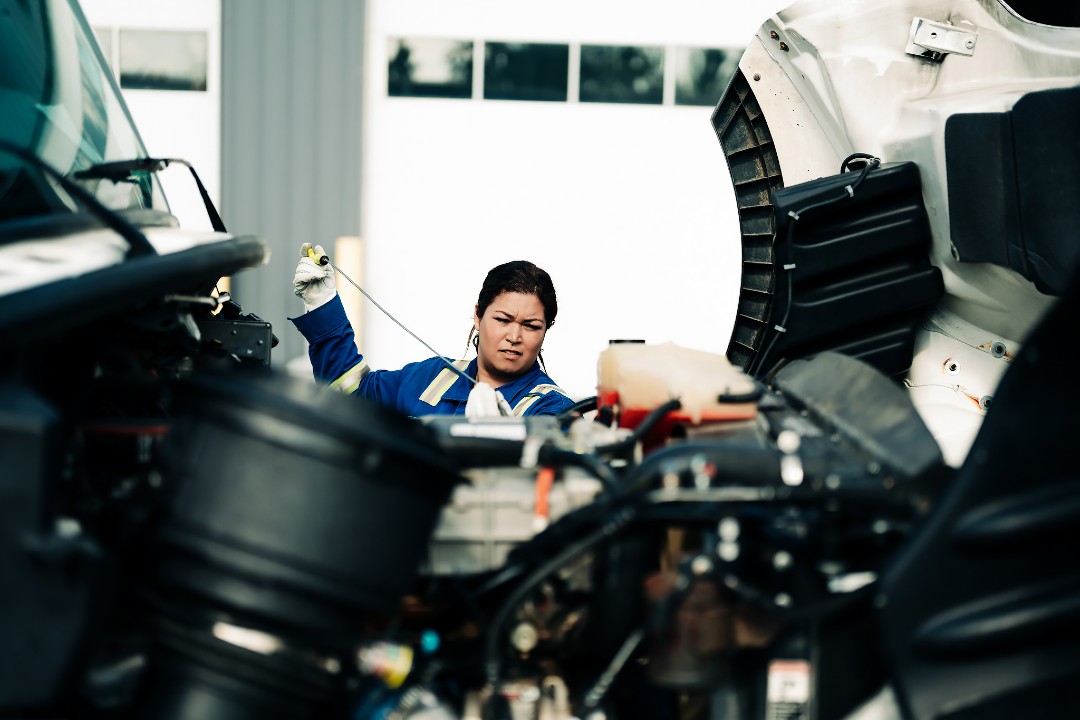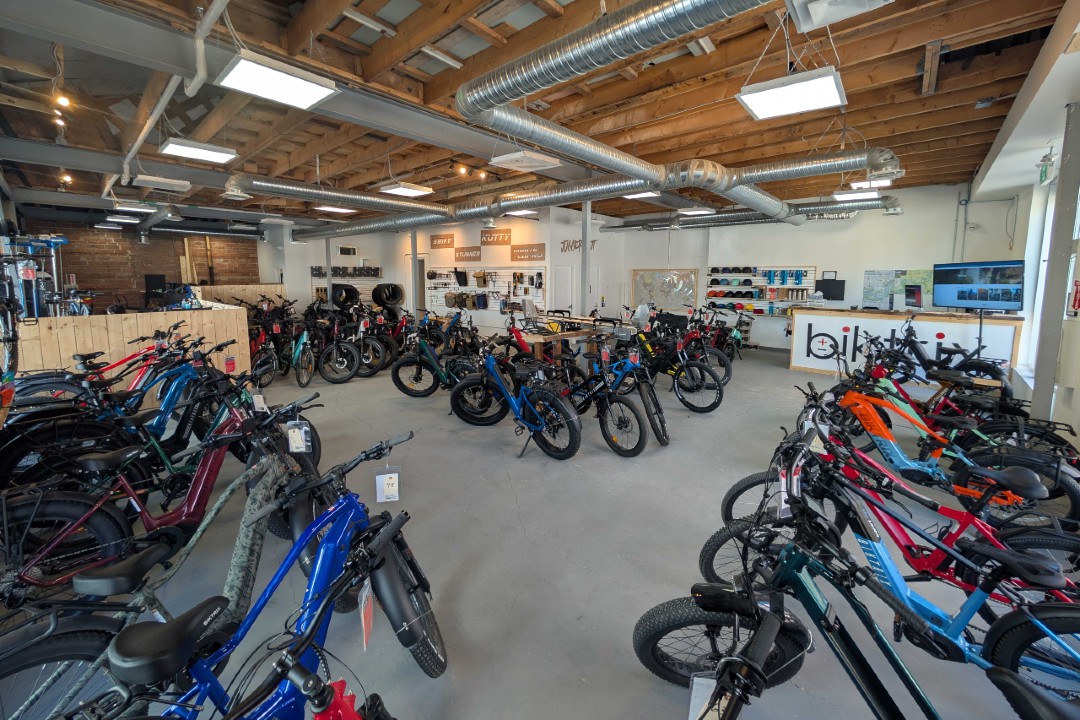
Women Building Futures expands to Ontario
A non-profit launched in 1998 that once borrowed space from the City of Edmonton to begin to offer women skills training for careers in the trades is now expanding its training programs to a third province.
Women Building Futures has expanded to Sarnia, ON, an attractive location because of the oil refineries and other industrial facilities there that are owned by Shell Canada, NOVA Chemicals, and Imperial Oil.
"When we're thinking about launching in a new province, and we're thinking about the long-term vision, it's very exciting to think about these large industrial assets that are going to require skilled workers to run and maintain them over long periods of time," Rachel Veilleux, manager of external relations and growth for Ontario at Women Building Futures, told Taproot. "We think about the women that we're ultimately trying to help create a pathway (for), even as a stepping stone. There is a lot of opportunity out there for them at some point on their career journey."
Women Building Futures was founded in Edmonton in 1998 to help women find economic security through skilled trades and transportation. Its mandate also includes the gender-diverse population. The organization offers more than just training, with resources like financial aid, success coaching, affordable housing (in partnership with Civida), and more. Women Building Futures has its own training facility in Edmonton, and the organization has graduated 3,000 women. The non-profit launched Saskatchewan programs with $248,000 from the province and support from industry partner BHP.
Veilleux highlighted the agriculture, petrochemical, food processing, and manufacturing industries as ones with a high degree of opportunity surrounding Sarnia. In nearby Windsor, for example, there are jobs in the auto industry, which is the focus of the first Women Building Futures hands-on training program in the province.
The Women Ready to Work in Automotive program begins in August and entails eight weeks of class time and a paid eight-week work placement. The latter is divided into four weeks as an automotive service technician and four weeks as a heavy duty equipment technician. More programs are already being explored.
"We've gotten support from the provincial government of Ontario to run some very specialized, trade-specific types of programs," Carol Moen, the CEO of Women Building Futures told Taproot. "We want to improve our capability and actually support women to economic security and at the same time find critical resources for the province that are needed."
"We often say that what we do is just literally remove barriers," Moen said. "If you think about what the barriers are in between unemployed and underemployed women and economic security, in this case in the trades, it could be awareness of the opportunity. It could be them being able to actually see themselves in those occupations, because quite literally, there aren't many women in the trades across the country … It could be their financial situation."







